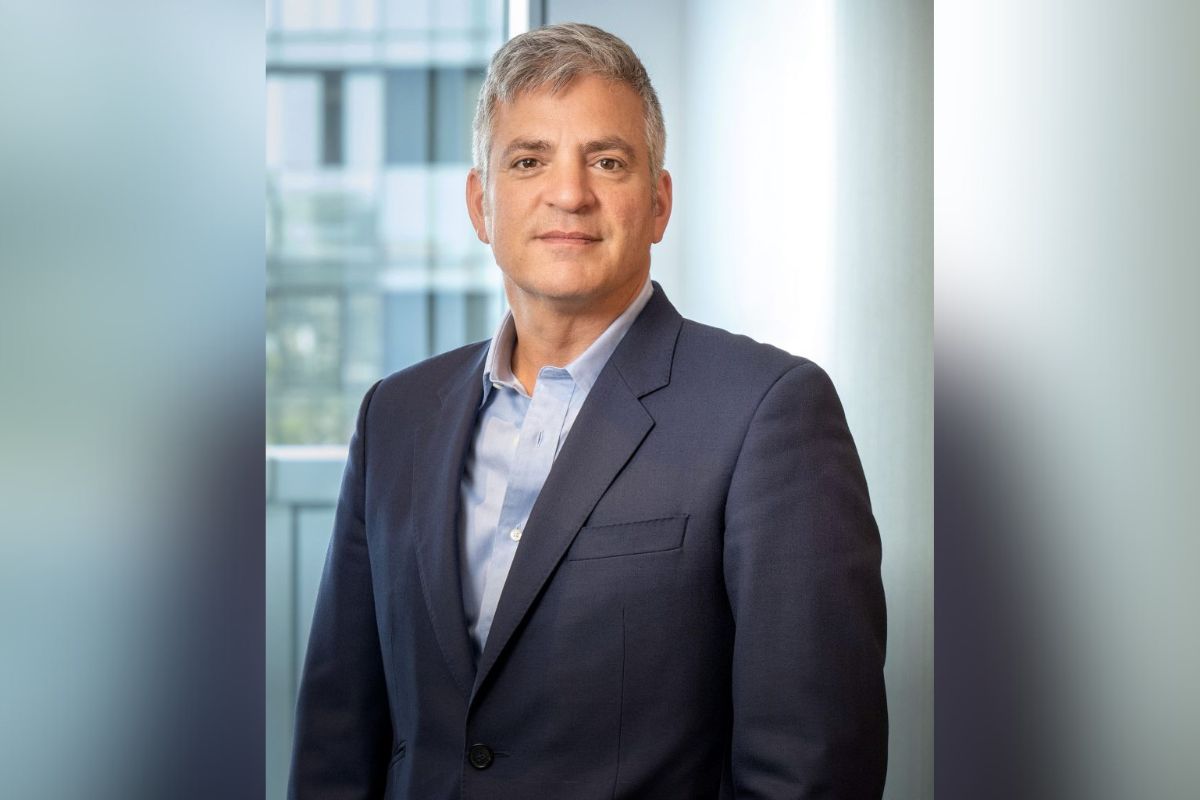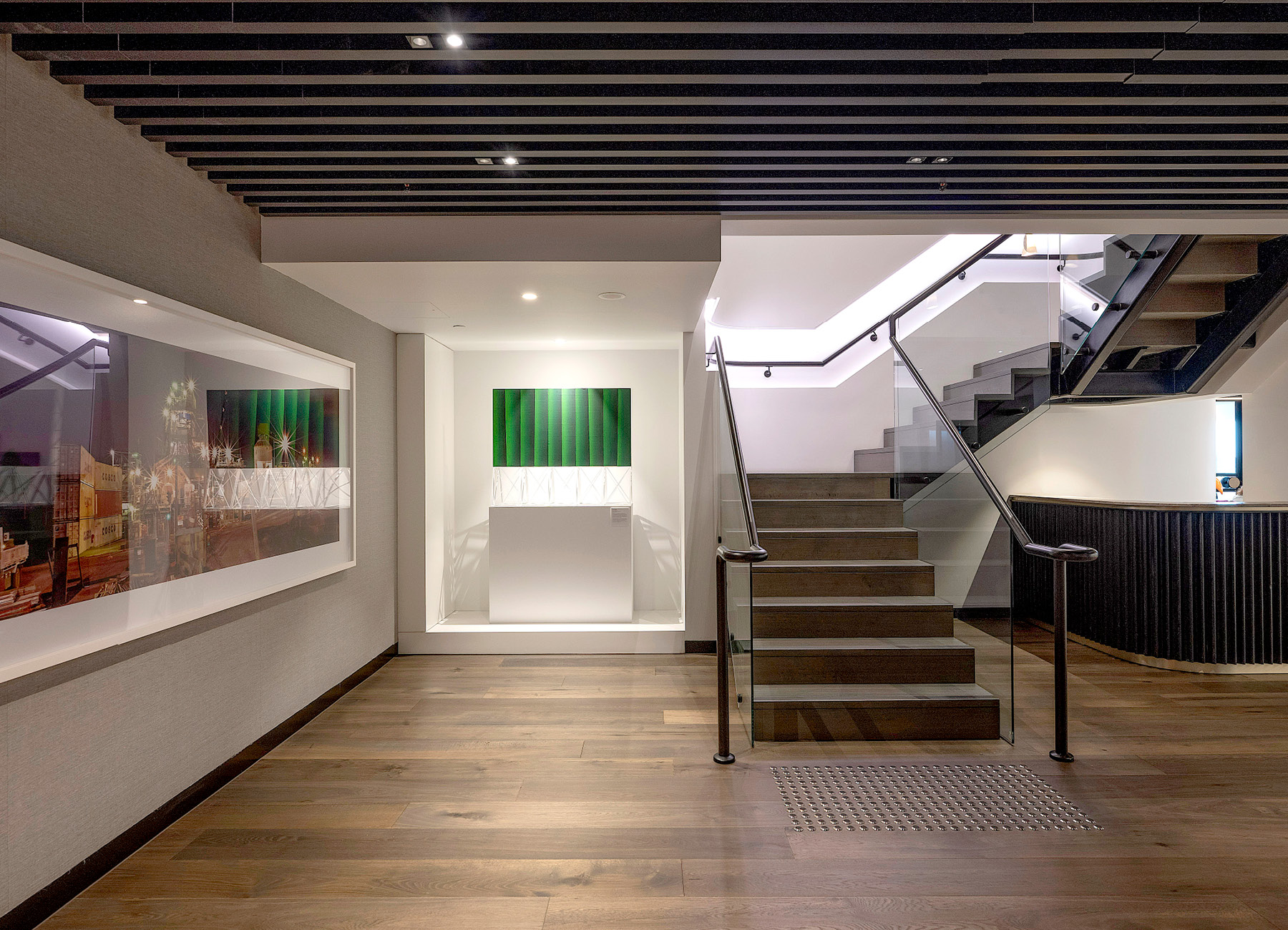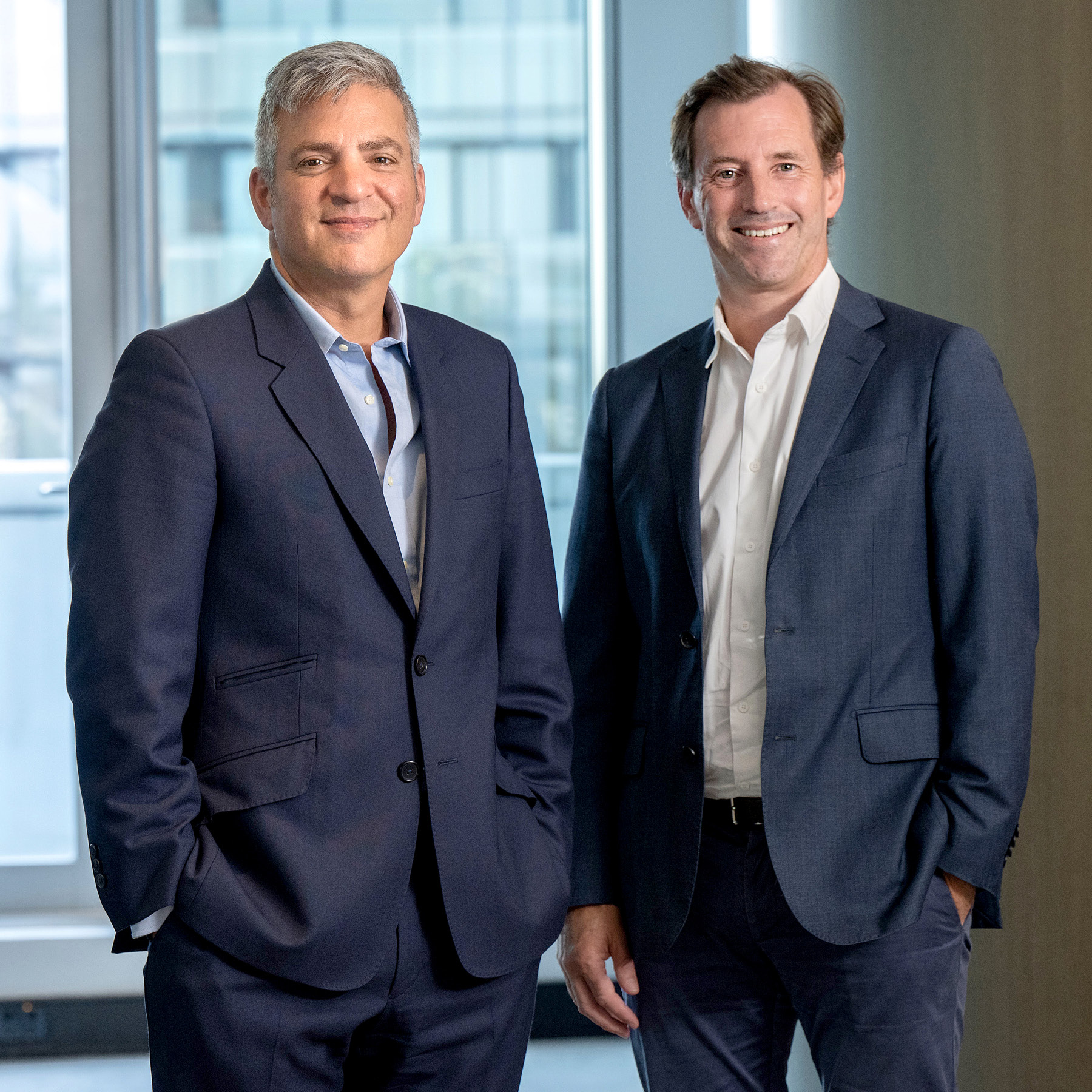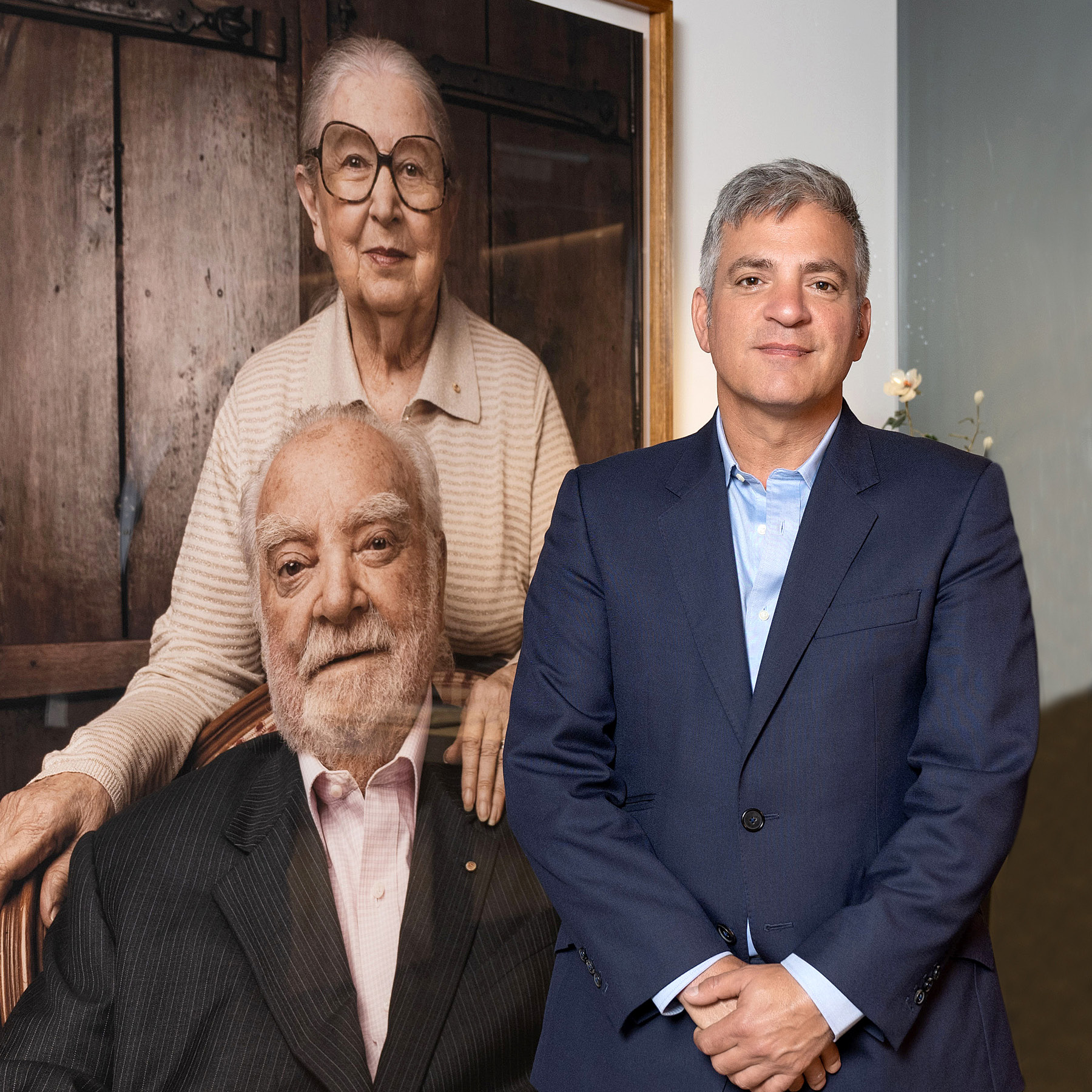Having worked in the family business since the age of 19, Victor Smorgon Group Executive Chair Peter Edwards has drawn on valuable advice from his grandfather about succession planning and never being afraid to diversify.

Peter Edwards describes sitting on the other side of his grandfather Victor Smorgon’s desk for around 15 years as a kind of CEO training program.
Observing and learning from the Founder, Edwards worked in the family business during school holidays and then started his apprenticeship in factory management at the age of 19.
By the age of 25, Edwards knew that the expectation would be that he would one day lead the company.
“My grandfather gave me enough rope to make some mistakes, while hitting me over the head with his walking stick to make sure I stayed on the right track,” the current Victor Smorgon Group Executive Chair recalls with a laugh.
Early Mentoring
From the intricacies of running a major company to the equally important elements of managing a family owned business, Edwards was given invaluable tutelage from the family patriarch.
“My grandfather always used to tell me, ‘Look in the rubbish bin the first time you go into a factory, because there you can see all of that facility’s inefficiencies’,” Edwards says.
“It’s just little things like that. What are you seeing? What are you observing along the way? I think that without that, it becomes difficult to kind of step into varied roles and varied industries.”

“My grandfather gave me enough rope to make some mistakes, while hitting me over the head with his walking stick to make sure I stayed on the right track.”
And varied they are, with Smorgon Consolidated Industries’ roots in the 1940s in the wholesale meat and canning industries, after which the company diversified into paper and packaging in the 1950s, and by the 1980s, into glass and plastic packaging.
Around the same time, Victor Smorgon and the family began applying innovative technologies to become a major player in the Australian steel industry and, from there, made this element the major focus of the company.
Calculated Divestment
In 1994, Smorgon Consolidated Industries was divested, with the meat, plastic containers, paper mills and recycling companies sold. But new ventures began to flourish, with the Victor Smorgon Group coming into creation the following year, sporting a diverse and impressive portfolio of investments that spanned industries including gold, technology, consumer goods, agriculture, properties and energy.
“People often say to us, ‘How can you have that sort of exposure across that sort of breadth?’” Edwards muses. “I mean, if we really boil it down, we’re all trying to increase revenue and reduce expenses on an overall basis.”

“I believe we should always be striving to do better, which means you’ll always be having failures too, and that’s OK.”
Today, there are a number of separate businesses working within the same office, including Victor Smorgon Partners, the Group’s fund manager that not only invests on behalf of the family, but also offers the same opportunity for external investors looking to build generational wealth.
With more than US$600 million in funds under management, Victor Smorgon Partners has established 22 funds since 2020 and currently has three funds open for co-investment, including the Group’s liquid portfolio, the Global Multi-Strategy Fund.
Then there’s its partnership in corporate advisory Equion Capital, as well as family business advisory firm Lineage Group, which has aided Victor Smorgon Group in its strategic and operational changes for more than two decades, and finally, Arrowpoint Capital, a corporate debt provider.
This impressive network of partnerships contains expertise that the Group recognizes is, and will continue to be, vitally useful for other family offices looking to build their own sustainable wealth.
Steady Advancement
While absorbing the changes and advice from his grandfather and others in the business, Edwards steadily climbed the ranks until he reached CEO in 1996.
He held the position until this year, when he was named Executive Chair, a role designed to continue the ongoing corporatization, governance and process improvement to ensure Victor Smorgon Group maintains a family office that will transfer into the fourth generation and beyond.

“If you find everyone is agreeing with you, go find someone who doesn’t, and ask them their opinion.”
Given the company has been a family business for four generations now, Edwards says that it’s developed a unique culture.
“Certainly from a family perspective, we don’t sugarcoat things,” he admits with a smile. “I think we have a very good alignment because of that. Victor was a world-class arguer and always felt that the process of just putting it out there and being honest and not coloring your view to suit people got you the best outcome.
“And so I feel like that in the past 28 years of operating within the Victor Smorgon Group, we’ve maintained that culture. If you find everyone is agreeing with you, go find someone who doesn’t, and ask them their opinion.”
Striving for the Best
By the same token, Edwards believes this mentality helps the company in its goal of never settling for anything less than the best.
“The way we set a budget is always a stretch because if we achieve our budget then we didn’t do enough,” he explains.
“I believe we should always be striving to do better, which means you’ll always be having failures too, and that’s OK. Just let’s all be honest with each other and be able to talk about where those failures are and how we can improve them for next time.”

“My grandfather used to tell me all businesses are the same, they just use a different dictionary.”
Being open to a vast range of options in terms of the direction and types of investments or industries Victor Smorgon Group pursues in the future ultimately means that there are literally endless possibilities for where to go from here – something that Edwards believes is what makes it such a unique organization.
“My grandfather used to tell me all businesses are the same, they just use a different dictionary,” he remembers. “In the end, there are still raw materials and there are still outputs and a whole bunch of inputs that go into that conversion process, whatever it is you do.
“It’s a matter of having an understanding of whether you feel like they’re heading in the right direction or the wrong direction and taking some of those simple metrics to evaluate it.”


